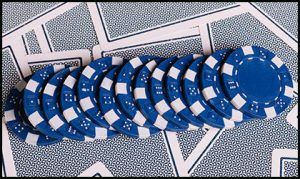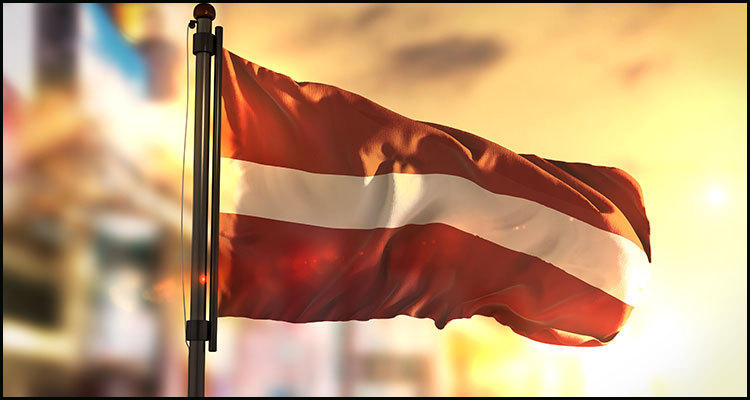As part of an overall aim to reduce the rates of problem gambling and the small Baltic nation of Latvia has reportedly premiered a new self-exclusion scheme that allows aficionados to voluntarily bar themselves for up to twelve full months.
According to a Friday report from iGamingBusiness.com, the facility went into effect from the first day of January and covers both online and land-based gambling entertainment. To take advantage of the new resource, which is being administered by the country’s Lotteries and Gambling Supervisory Authority regulator, those who suspect that they may have a gambling problem must request either in person or via correspondence to be placed on an official register of excluded individuals.
Defensive aim:
iGamingBusiness.com reported that the new self-exclusion scheme was established following the November passage of the nation’s Gambling and Lotteries Law with the Lotteries and Gambling Supervisory Authority declaring that the initiative has been designed ‘to protect the public interest’ while simultaneously giving citizens of Latvia the ability to ‘refrain from excessive gambling activities.’
Reportedly read a statement from the Lotteries and Gambling Supervisory Authority…
“The purpose of the register of self-denied persons is to protect the public interest and the right of natural persons to refrain from excessive gambling activities including interactive gambling or participation in interactive lotteries. The exclusion applies to participation in all statutory gambling and interactive lotteries.”
Additional assistance:
The just-launched scheme is one of a number of initiatives that the Lotteries and Gambling Supervisory Authority has recently premiered in an attempt to lower problem gambling rates. Latvian citizens moreover now have the ability to seek up to four months of help from state-funded psychologists, which is a proposition some 127 people are known to have utilized in November alone.
Tougher tariffs:
November furthermore saw Latvia implement a new tax regime for land-based casino operators that increased the annual individual flat fee levied against slots by just over 24% to €5,172 ($5,719) and raised the rate for counterpart gaming tables such as those offering roulette by 20% to €28,080 ($31,057).



